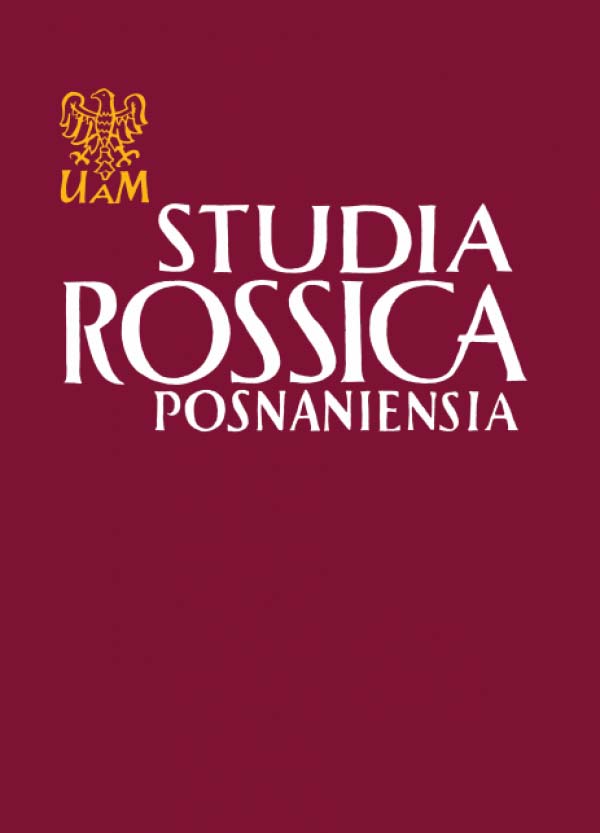DERYWACJA RZECZOWNIKÓW OD SKRÓTOWCÓW WE WSPÓŁCZESNYM JĘZYKU ROSYJSKIM (W ASPEKCIE: PODSTAWA SŁOWOTWÓRCZA A WYBÓR FORMANTU)
DERIVATION OF NOUNS FROM SHORT NAMES IN PRESENT DAY RUSSIAN (IN THE ASPECT OF WORD FORMATION AND CHOICE OF FORMANT)
Author(s): Albert BartoszewiczSubject(s): Language studies, Language and Literature Studies, Philology
Published by: Uniwersytet Adama Mickiewicza
Summary/Abstract: Mass scale formation and usage of short names in present day Russian have been reflected in the derivational system of the language. New words are formed from short names which have become a new type of roots. The article aims at proving the thesis that the process of derivation itself and its activity are implied by the distribution of the form ant, the meaning, the structure and phonetic properties of the root and social factors. Our assumption is supported by observations of nouns derived from short nouns. Linguistic data show that whilein the twenties and thirties of this century derivatives of different kinds, i.e. personal names, common nouns and abstract nouns, were formed from short norms with the use of various formants (-ec, -owiec, -ist, -ka, -izm, -stwo, -ija) nowadays only personal names are formed from short names with the use of one formant -owiec/ -ewiec). This is conditioned by the meaning of the short names, the derivational properties of the formant -owiec, and social factors. This is also a manifestation of general tendencies in the development of the present day Russian derivational system i.e. of a growing tendency towards agglutination, a general concentration of derivational types and a growth in regularity, productivity and specialisation of some derivational elements.
Journal: Studia Rossica Posnaniensia
- Issue Year: 2/1971
- Issue No: 1
- Page Range: 133-140
- Page Count: 8
- Language: Polish

